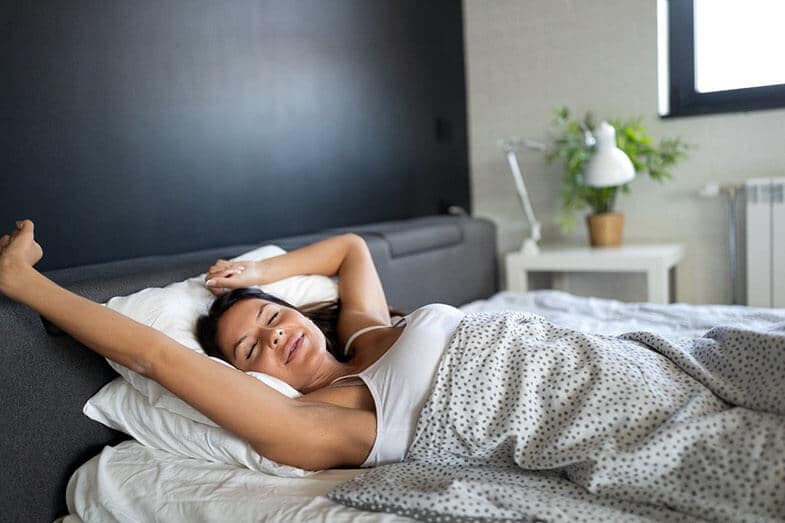Beyond puffiness and fine lines, poor sleep steals your skin’s chance to repair itself. Skin rejuvenation is a process where the skin repairs itself, maintains elasticity, and achieves overall enhancement in appearance. Among various factors supporting this process, sleep plays a primary role. Understanding how sleep contributes to skin health provides key insights into achieving better skin without relying too much on external methods. Here are ways sleep aids skin rejuvenation:
Sleep and Its Role in Reducing Puffiness and Dark Circles
One visible effect of insufficient sleep is the development of puffiness and dark circles under the eyes. This occurs because inadequate rest impacts fluid regulation within the body, leading to temporary swelling around the eyes. Resting for the recommended 7-9 hours aids skin rejuvenation by allowing for proper fluid balance and reducing the appearance of puffiness.
Sleep also promotes optimal blood circulation. Poor circulation caused by sleep deprivation can make blood vessels more prominent, creating dark circles. Adequate sleep minimizes this visibility, creating a more refreshed and rejuvenated appearance.
Promoting Collagen Production for Skin Elasticity
Collagen is a fundamental protein responsible for skin elasticity and strength. While various topical products claim to enhance collagen, the body’s natural production occurs during deep sleep. During this stage, the body releases growth hormones, which are key to collagen synthesis. This process supports skin elasticity and lessens the appearance of fine lines and wrinkles over time. Sound sleep optimizes the repair of the skin’s connective tissues, reinforcing its barrier function and firmness. This reinforces the notion that sleep for skin enhancement is key to achieving long-term rejuvenation.
Nighttime Skin Repair and Recovery
Throughout the day, the skin endures exposure to environmental stressors such as UV radiation, pollution, and free radicals. Sleep allows the body to repair and recover from this damage. During rest, cellular turnover increases, allowing damaged skin cells to be replaced by healthier ones.
Also, antioxidants are naturally activated during sleep, neutralizing damage caused by free radicals. This reduces oxidative stress and supports overall skin enhancement. The process strengthens the skin’s resilience against daily environmental challenges, making adequate sleep a key recommendation for skin rejuvenation.
Managing Skin Conditions Through Rest
Sleep deprivation can exacerbate existing skin conditions such as acne and eczema. Poor sleep often increases cortisol levels, a stress hormone that inflames the skin. This can worsen breakouts and flare-ups in individuals with sensitivities or pre-existing conditions.
Consistent and sufficient sleep regulates cortisol levels, lowering the risk of skin inflammation. Proper rest supports hydration levels, preventing excessive dryness. Excessive dryness often aggravates conditions like eczema. Individuals seeking tangible improvements to their skin should contemplate regularized sleep patterns to mitigate these issues.
Schedule Your Skin Rejuvenation Evaluation Today
The connection between sleep and skin rejuvenation highlights how proper rest supports cellular repair, reduces puffiness, and enhances skin elasticity. For those seeking natural ways to improve the health and appearance of their skin, understanding and adopting consistent sleep routines proves a fundamental step. Schedule a skin rejuvenation evaluation with trusted wellness experts or specialists for professional assessment and to gain key insights into supporting your skin’s health.
- Choosing the Right Plastic Surgeon for Your Cosmetic Procedure
- Understanding Different Types of Laser Treatments for Skin Rejuvenation
- Why a Family Dentist is Key for Maintaining Oral Health
- The Benefits of Regular Visits to a Wellness Spa
- Exploring the Emotional and Psychological Triggers of Eating Disorders


Leave a Reply